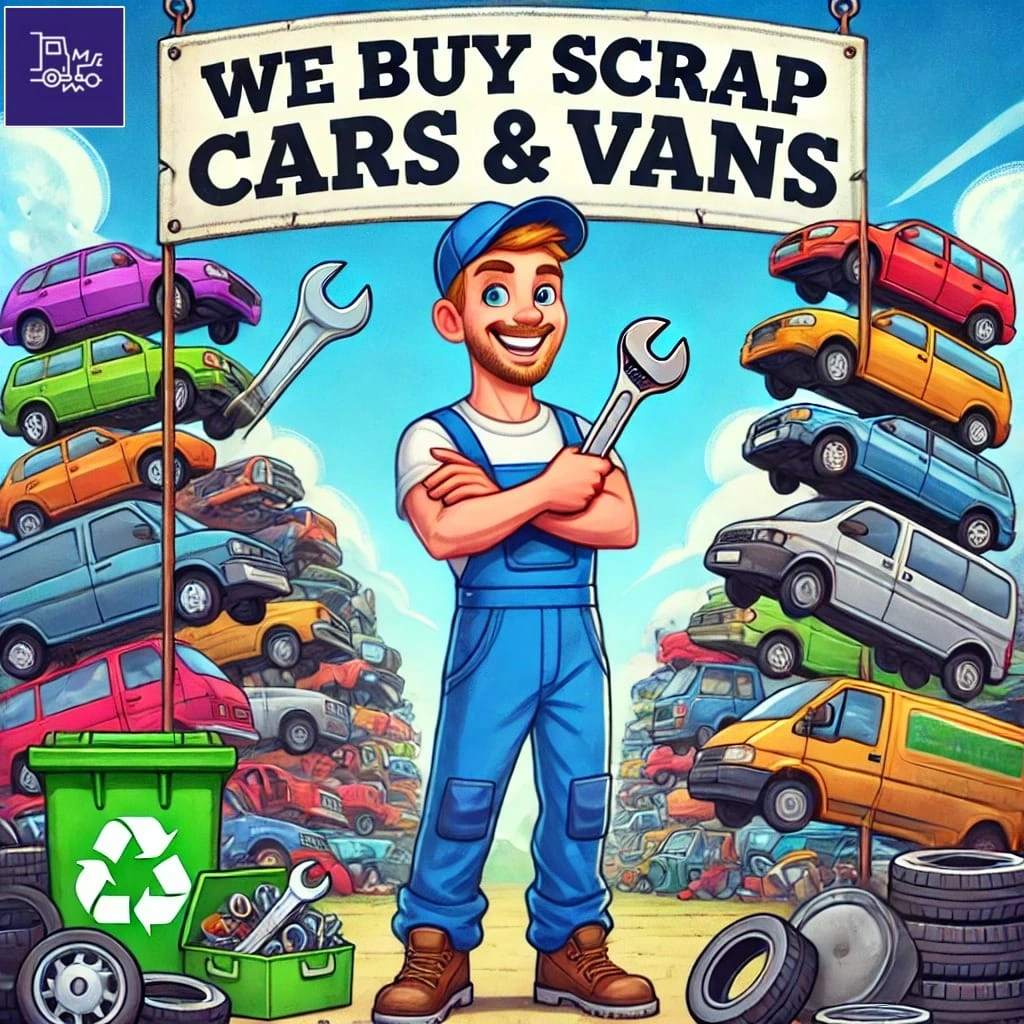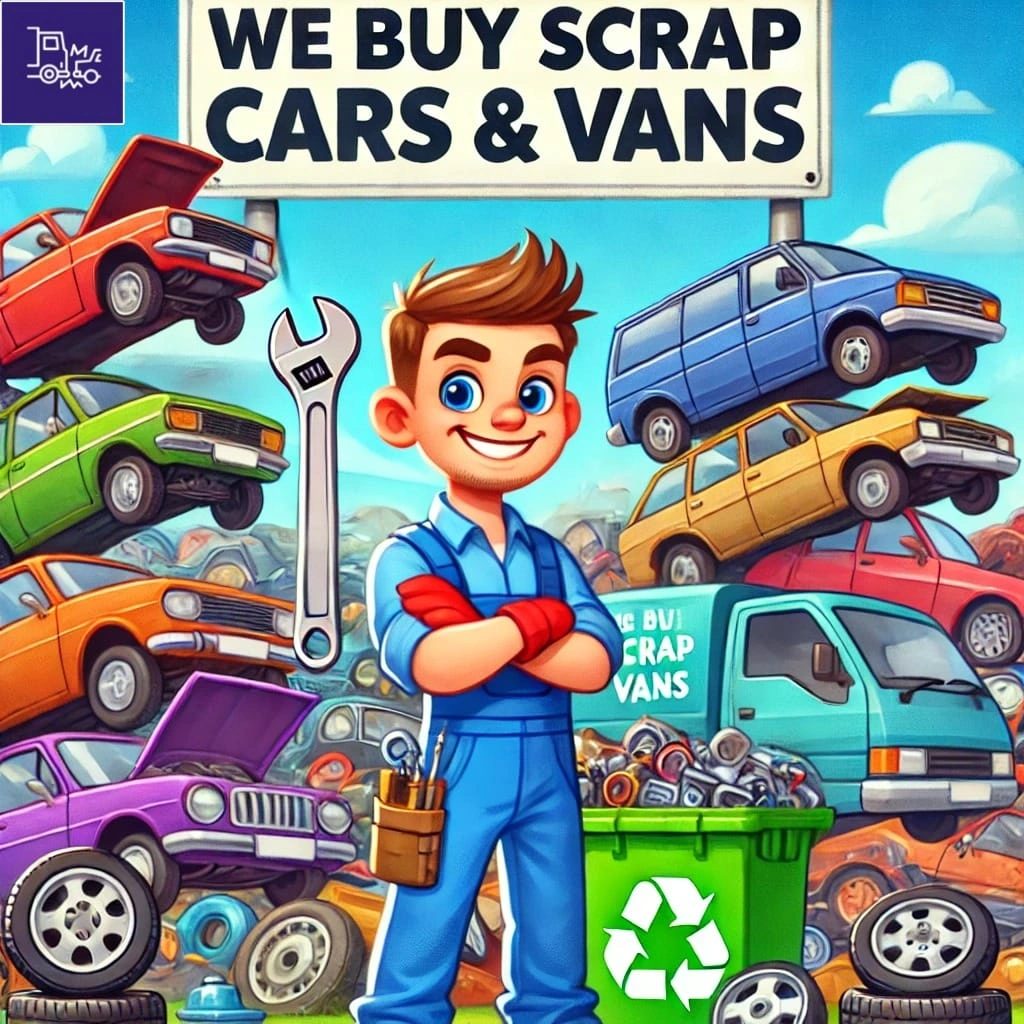
When you sell your used car, Have you been asked, “Can I get the VIN?” or “What is the vehicle identification number?”. Sharing the vehicle identification number might seem uncomplicated, but it is simply one of the processes that one goes through when selling the vehicle. There are pros and cons to when and how to share it. That said, it is more beneficial in the long run as it will allow the seller to sell the vehicle faster.
What Is a VIN?
Every automobile has a Vehicle Identification Number specific to every make and model. It can be found on the chassis of the car. It is made up of 17 digits, each carrying very vital information.
Vehicle’s Make and Model
Engine Type of Size
Manufacturing location
The year the car was manufactured
Safety features and recalls, if there are any.
Following are some of the places you can get a VING:
A driver can find it on insurance documents.
At the back of a car logbook V5C
Within the door of a car
On the dashboard of the vehicle above, where the speed indicator is situated
Determining Why Buyers Look for The VIN
✅ Reports On Vehicle History
Buying customers typically use vehicle identification numbers (VINs) for running history checks (via HPI checks or Carfax reports) for validating:
- The actual mileage of the automobile;
- History of damages or accidents;
- Pending financial obligations or loans;
- If the vehicle has been stolen or written off,
✅ Trust
- Handing over the VIN proves that you are a transparent seller, and this Trust helps serious buyers feel assured about the car’s history.

Is it Safe to Share Your VIN?
Yes, sharing your VIN is considered safe and common practice. Code sharing by itself cannot be used for identity or car theft. Nevertheless:
- Share your VIN only with serious purchasers or include it in your online advertisements.
- Avoid posting your VIN together with sensitive information such as home addresses.
- Do not share with scammers requesting unusual details or people willing to send you cheques in advance.
When to Share the VIN?
Share the VIN in your:
- Car listing (particularly in reputable sites).
- Initial inquiries if a buyer insists on having it ‘shared’.
- Pre-test drives are available if someone wants to confirm the history.
- 💡 Tip: Consider sharing it upfront to save buyers time if you have already run a vehicle history report.
FAQs
Yes, it is perfectly safe to share your VIN with potential sellers. This practice is safe and integral in building trust in the transaction. It also helps the buyers verify the history of the car.
No, a VIN does not indicate the possibility of a car being stolen. Although it does not represent a direct risk, sharing a VIN alongside sensitive information such as an address should be avoided.
Yes, but it is mainly essential on widely used car-selling sites. Placing the VIN alongside the car description will ensure the ad draws potential buyers who are adequately informed, thus whitening the pool of applicants to serious buyers.
Contact Us
Ready to get the scrap value of your car online? Contact We Buy Scrap Cars & Vans today. We are located at:
We Buy Scrap Cars & Vans
Yard 1 A, Mount Alexander,
Fort William, The Highlands,
PH33 7NF
Phone: 0800 680 9005
Email: buyer@webuyscrapcarsandvans.co.uk
WhatsApp: 4407979603739
Get the best value for your scrap car with We Buy Scrap Cars & Vans!
